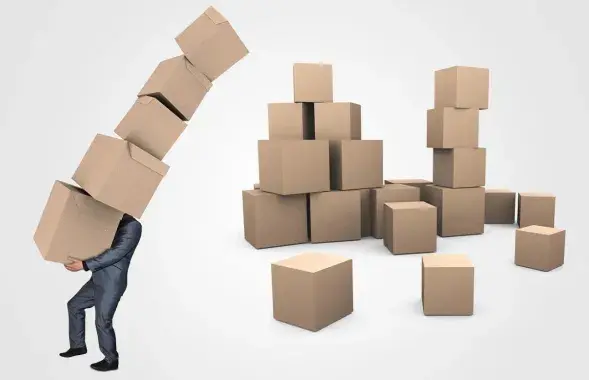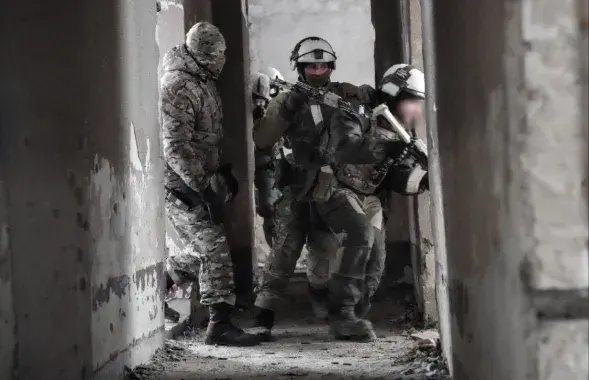Bialiatski: NATO Special Forces not coming to save activists from prison
Civil Society Forum was held in Riga on the eve of the Eastern Partnership summit.
During the Second Civil Society Forum, taking place in Riga on the eve of the Eastern Partnership summit, the topic of civil activists' persecution has been repeatedly raised. As a result, the issue was put into the forum resolution.
According to Richard Young, senior lawyer of the Brussels Programme Democracy and Rule of Law, the Forum proposed to "facilitate the timely prevention of repression against civil activists." At the same time, he was not able to clearly explain to Euroradio journalist, how to do it and what exactly should be done to have timely prevention of repressions. The EU allegedly has a variety of programs and methods for this, but what they are and whether they will work in Belarus or Azerbaijan, remains unclear.
According to the Belarusian human rights activist Ales Bialiatski, only the activists and journalists can timely "prevent any reprisals against civil society activists and independent journalists."
Mr Bialiatski: "Nobody is sending NATO Special Forces to save you from the prison - that is something you for sure need to know. The most significant thing, in my opinion, is solidarity and rapid response to problems encountered by human rights activists."
According to Bialiatski, if these problems are voiced and there is a quick reaction to them from the international community, the authorities will think a few times, whether or not they should create problems for themselves by prosecuting certain activists, human rights defenders and journalists.
At the forum in Riga, human rights activists called for the release of all political prisoners.
Photo: flickr.com


















